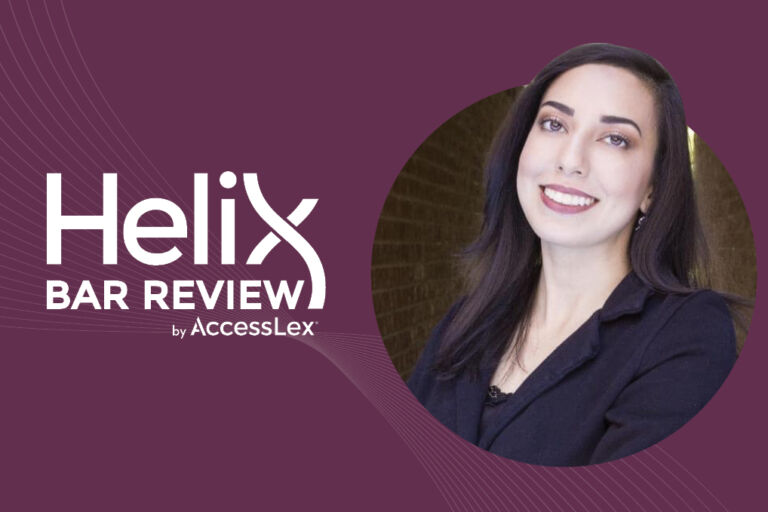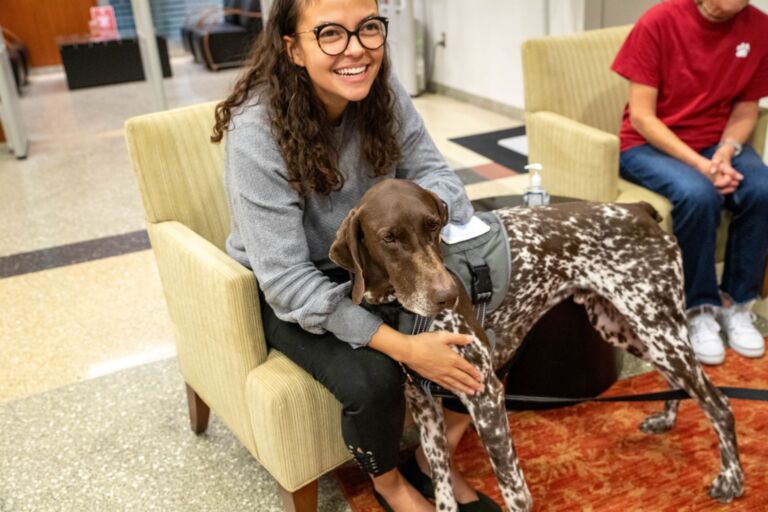Law school graduates are anxious … and not just about finding jobs. They’re concerned about how good law schools are doing when it comes to meeting students’ mental health needs.
Indeed, a recent Kaplan Bar Review survey of more than 300 recent law school graduates finds that just 29 percent think their law school does enough in the area of mental health to help its students who may experience elevated levels of academic stress. Forty percent say their law school does not do enough, while 31 percent don’t know.
This survey illustrating a lack of confidence, coupled with a lack of awareness of how their law school may help students take better care of themselves comes as America observes Mental Health Awareness Month. This also comes at a time when more law students are demanding school administrators be more transparent about student data they collect about mental health.
“What students are telling us is that law schools need to do a better job of providing the kinds of services that they need for self-care, and also communicating how those services can help them. This is an important conversation to have. We have to conquer the stigma traditionally associated with mental health, particularly in the legal community,” said Tammi Rice, vice president, Kaplan Bar Review.
“May in particular can be an emotionally taxing month in the life of law school graduates, as it is when they begin preparing to take the July bar exam. We strongly encourage law students who need help during this time to reach out to their law school. Law schools want to make sure that as many of their students as possible pass the bar, so they have a vested interest in ensuring their students are ready in every way for Test Day.”
The Kaplan survey also finds that law school graduates largely disagree with two policies most state bar examiners currently practice: asking aspiring practicing attorneys about mental health and substance abuse issues.
Nearly three quarters (74 percent) of law school graduates say state bar examiners should not be able to ask students on their bar exam application if they’ve ever been treated for an addiction issue.
Earlier this year, the Virginia Board of Bar Examiners decided to no longer ask aspiring practicing lawyers to disclose mental health treatment on their application.
Sixty-one percent of law school graduates said that state bar examiners should not be able to ask students on their bar exam application if they’ve ever been treated for an addiction issue.
“Law school graduates overwhelmingly believe that asking applicants about their mental health or past substance abuse challenges is irrelevant to the job of being a lawyer. Attitudes toward these issues are evolving and we think it’s largely generational. A decade ago, these percentages in opposition might have been much lower,” added Rice.







